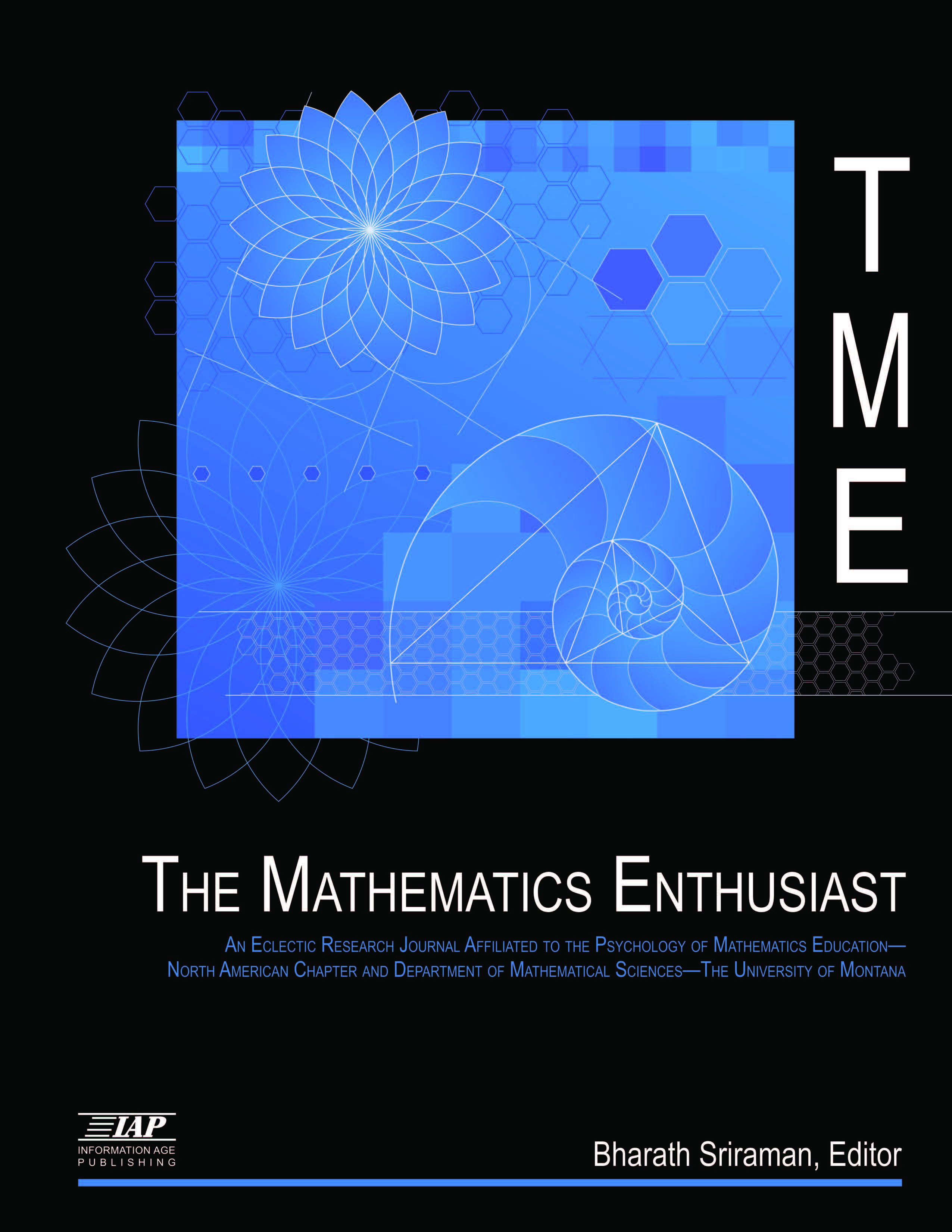
Volume
16
Issue
1-3
Abstract
On the first page of his well-known “How to solve it” Pólya (1945) writes about problem-solving: "One of the most important tasks of the teacher is to help his students. This task is not quite easy; it demands time, practice, devotion, and sound principles. The student should acquire as much experience of independent work as possible. But if he is left alone with his problem without any help, he may make no progress at all. If the teacher helps too much, nothing is left to the student. The teacher should help, but not too much and not too little, so that the student shall have a reasonable share of the work." (p. 1)
Striking in this quote is his balanced view on explication and exploration in the course of problem solving. The classic problem of designing a 3x3 magic square may be used as a didactic model to illustrate what Pólya exactly means with “not too much and not too little”. This model can also show how the teacher, without extensive explication, is able to put even young children on the right track of problem solving.
First Page
607
Last Page
620
Recommended Citation
Treffers, Adri
(2019)
"Direct instruction and problem-solving: Critical examination of Cognitive Load Theory from the perspective of mathematics education,"
The Mathematics Enthusiast: Vol. 16
:
No.
1
, Article 30.
DOI: https://doi.org/10.54870/1551-3440.1475
Available at:
https://scholarworks.umt.edu/tme/vol16/iss1/30
Digital Object Identifier (DOI)
10.54870/1551-3440.1475
